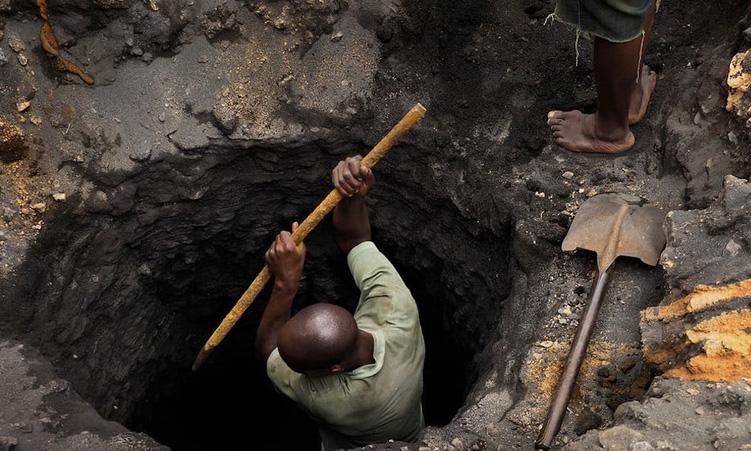KEETMANSHOOP – Cereal prices will continue to rise in the next few years due to increasing demand in China.
Economist Martin Mwinga told an audience here on Friday that the rise in cereal prices is not solely to be blamed on the sharp increase in global oil prices. Mwinga said the number of cattle in China had increased to meet the demand of its billions of inhabitants.More cattle needed more cereals as fodder, he pointed out.He said cereal prices had risen more than 150 per cent in a year and were likely to stay high for the next 20 years.He projected that the price of crude oil was likely to stabilise by the end of this year.Mwinga was speaking at the launch of the Karas Regional Business Forum initiated by the Namibia Chamber of Commerce and Industry (NCCI).He said the Namibian economy was comparing well with other developing countries.He said in a report compiled by the World Economic Forum that ranks countries in three stages of developing, Namibia finds itself in the second stage.Namibia and South Africa are the only two African countries in this stage, ahead of countries such as Botswana that finds itself in a transition stage between stage one and two.Namibia is even ahead of oil-rich countries such as the world’s largest producer of crude oil, Saudi Arabia.Mwinga explained that this was because of the diversity of the Namibian economy, while a country such as Botswana’s economy was largely dependent on one commodity, in this case diamonds.He remained optimistic that given the current economic trend, Namibia would be able to meet the goals of Vision 2030.NampaMwinga said the number of cattle in China had increased to meet the demand of its billions of inhabitants.More cattle needed more cereals as fodder, he pointed out.He said cereal prices had risen more than 150 per cent in a year and were likely to stay high for the next 20 years.He projected that the price of crude oil was likely to stabilise by the end of this year.Mwinga was speaking at the launch of the Karas Regional Business Forum initiated by the Namibia Chamber of Commerce and Industry (NCCI).He said the Namibian economy was comparing well with other developing countries.He said in a report compiled by the World Economic Forum that ranks countries in three stages of developing, Namibia finds itself in the second stage.Namibia and South Africa are the only two African countries in this stage, ahead of countries such as Botswana that finds itself in a transition stage between stage one and two.Namibia is even ahead of oil-rich countries such as the world’s largest producer of crude oil, Saudi Arabia.Mwinga explained that this was because of the diversity of the Namibian economy, while a country such as Botswana’s economy was largely dependent on one commodity, in this case diamonds.He remained optimistic that given the current economic trend, Namibia would be able to meet the goals of Vision 2030.Nampa
Stay informed with The Namibian – your source for credible journalism. Get in-depth reporting and opinions for
only N$85 a month. Invest in journalism, invest in democracy –
Subscribe Now!










